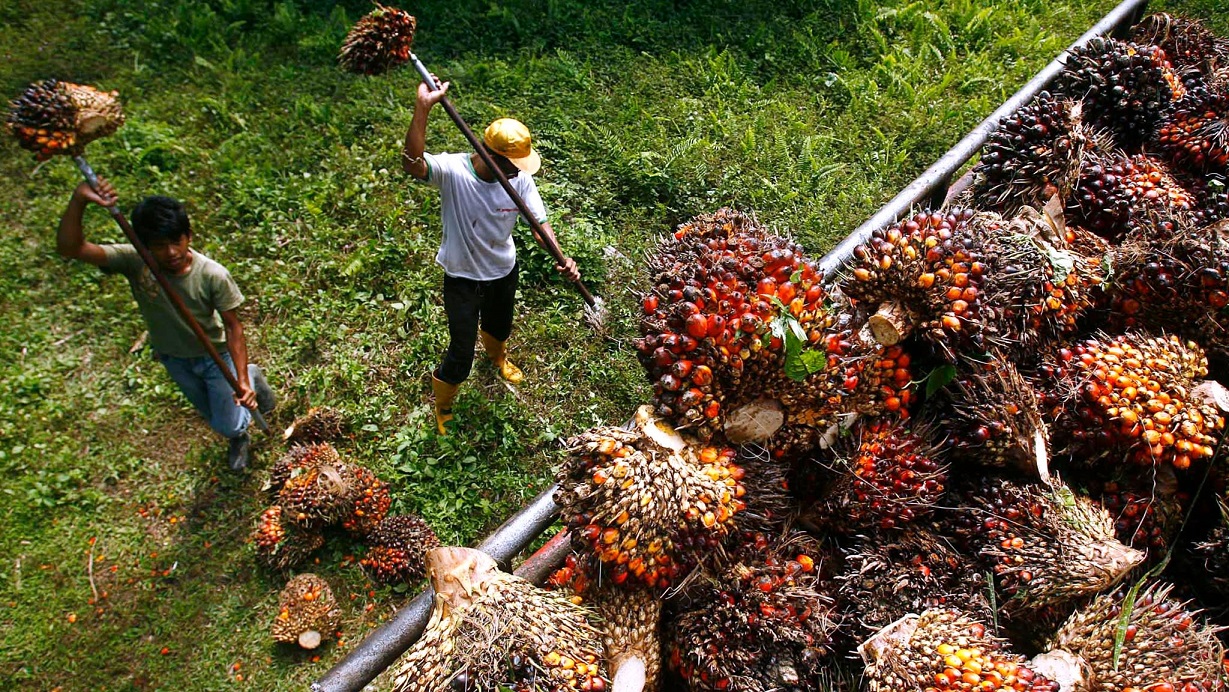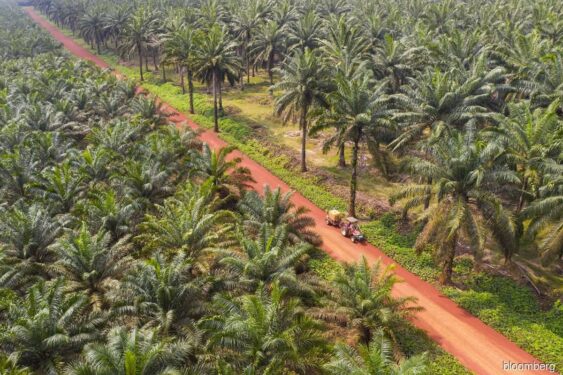
Is the proposed EU ‘deforestation’ regulation really a win for the environment?
By Peter Cleppe

NEWLY proposed European Union (EU) rules require companies to ensure products sold in the EU have not led to deforestation and forest degradation.
EU member states still need to give their blessing but in a version approved by the European Parliament, the new rules foresee that companies will only be allowed to sell products in the EU if the supplier of the product has issued a so-called “due diligence” statement confirming that the product does not come from deforested land or has not led to forest degradation, including of irreplaceable primary forests, after 31 December 2020.
In the first place as is often the case, it is not even clear whether the EU has competence in this area but protecting forests is something that is clearly valuable.
The question is whether the EU is opting for the right policy recipe, particularly because the way it is trying to protect precious nature threatens to disproportionally harm an industry that has already made great progress in reducing deforestation: Southeast Asia’s palm oil industry.
At least according to the World Resources Institute – an international NGO (non-governmental organisation) founded in 1982 which has developed a special project on deforestation named “Global Forest Watch” – things are improving in Southeast Asia.
It writes: “Indonesia’s rate of primary forest loss decreased for the fourth year in a row in 2020, one of only a few countries to do so. Indonesia also dropped out of the top three countries for primary forest loss for the first time since our record-keeping began … Primary forest loss also declined in Malaysia for the fourth year in a row.”

Clearly, efforts in Southeast Asia to come up with certification for sustainable palm oil production are having an effect.
One recent example of such efforts is how the world’s largest producer of certified sustainable palm oil, Malaysian company Sime Darby Plantation Bhd, has committed itself to reforesting a 400-hectare area in the country as part of a sustainability programme.
To be fair, in other parts of the world, like, for example, Brazil, the problem of deforestation continues to get worse.
There, the root of the problem is however linked to poor property rights protection. French university scholars explain this as follows: “Landowners clear the forest preventively in order to assert the productive use of land and to reduce the expropriation risk.”
Nevertheless, the EU is attempting to tackle the challenge as one size fits all by imposing the same kind of extra bureaucracy on both Southeast Asian producers which are on the right way, and producers in Brazil where the problem is more closely related to property rights.
The whole thing has angered Malaysia and Indonesia, further complicating efforts to open up trade with Southeast Asia which is increasingly seen as an alternative trade destination in the age of decoupling as trade with China and Russia becomes more and more burdened by geostrategic tensions.
At least, the UK already diverging from the EU’s approach following Brexit. Not only is it accepting the regulation of its trading partners when it comes to deforestation, stopping short of attempting to impose its own regulations.
It has also pledged to eliminate all tariffs on Malaysian palm oil as part of the deal whereby it is allowed to take part of the “Comprehensive and Progressive Trans-Pacific Partnership”, the first great UK trade success after it left the EU.

In that regard, it is worth mentioning the rumours reported by the Financial Times that European oilseeds producers really are behind much of these supposedly “green” EU measures – given how the EU also imposed anti-dumping duties on Indonesian biodiesel – before a World Trade Organization (WTO0 panel declared these illegal as well as on other products made from palm oil, including fatty acids.
The WWF has stated that “compared to other vegetable oils, the oil palm is a very efficient crop, able to produce high quantities of oil over small areas of land, almost all year round”.
To impose extra bureaucracy on imports of something that needs comparatively less land may therefore ultimately hurt the environment as well as small local farmers, the industry has pointed out.
Last but not least, there is the issue of the state of deforestation in Europe itself. Only last September, the New York Times reported that “Europe is sacrificing its ancient forests for energy”.
To improve the world, it is often best to start at home. – May 16, 2023
Pieter Cleppe is a research fellow at the Property Rights Alliance. The opinion editorial first appeared in EURACTIV Intelligence under the same title.
With due respect, the fact is South East Asian countries were forced , very reluctantly, fucking kicking and screaming, to make progress
ReplyDeleteon deforestation....under duress, under threat of severe loss
of Western markets.
Now is NOT the time to let South East Asian countries off lightly.
The pressure and ,yes, threats must be kept in place.